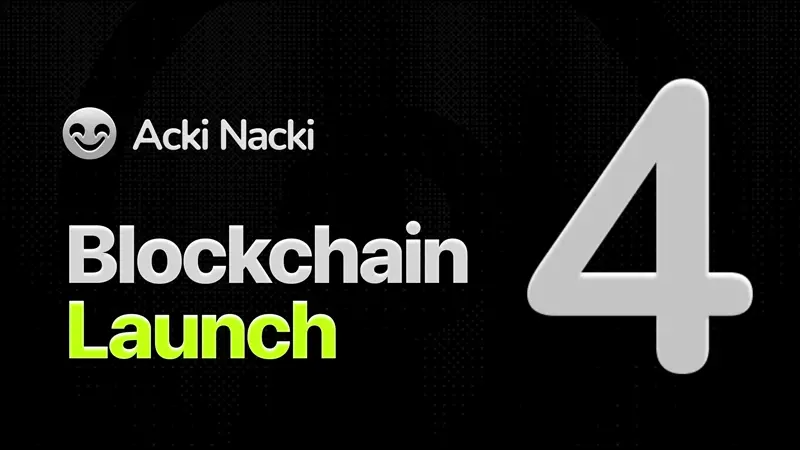In most blockchain games, gas fees are a necessary evil. They spike during high demand, bottleneck gameplay, and make even simple moves feel like high-stakes transactions. On Ethereum, you hesitate before clicking “play.” On Acki Nacki, you just play, because SHELL tokens solve the gas problem by design.
Here’s how SHELL works differently:
-
💸 It only goes down in price.
-
🔄 It self-corrects over time.
-
🧠 It introduces friction without punishment.
That’s not marketing fluff, it’s part of Acki Nacki’s economic model. SHELL isn’t designed to moon. It’s designed to move.
🎮 In Popit, Every Move Costs SHELL, And That’s a Good Thing
Popit Game runs entirely on-chain. That means every card play, Popit trigger, leaderboard update, and sabotage attempt has computational weight. Instead of hiding that behind smoke and mirrors, Popit embraces it.
Each action consumes a little SHELL.
Why? Because computation isn’t free. And when you price every move just a little, you create meaningful choices.
Examples:
-
Want to chain a risky combo? It’ll cost more SHELL. Is the risk worth it?
-
Thinking of sabotaging someone’s position with a malicious Popit? That’s a heavier compute load, and a bigger SHELL fee.
-
Climbing fast? You’ll use more resources. But play efficiently, and you might climb cheaper than others.
This makes the Overdraft mechanic even deeper. You’re not just managing in-game points, you’re also managing your SHELL burn rate.
💡 Strategic Implications of SHELL in Gameplay
-
Deck Efficiency Matters.
Decks that can do more with fewer moves cost less to run. Smart design beats brute force. -
Popit Selection Has Economic Consequences.
Some Popits are powerful but computationally expensive. Others are lean and subtle. Choosing which ones to use isn’t just tactical, it’s economic. -
SHELL Introduces a Resource Meta.
You’re no longer just playing to win a match. You’re playing to win across many sessions, managing your SHELL like fuel. Reckless players burn out. Calculators win.
🔁 The Closed Loop: Where SHELL Goes
Acki Nacki doesn’t just burn SHELL into oblivion. Instead, there’s an elegant feedback loop:
-
Players spend SHELL to compute actions.
-
That SHELL goes into the Acki Nacki economy, fueling validator rewards and helping secure the network.
-
NACKL holders (long-term stakers) receive a share of this revenue, incentivizing real economic participation.
So by playing Popit, you’re literally feeding the system that keeps it alive. It’s like a game tax that makes the game better.
⚖️ Controlled Scarcity Without the Pain
SHELL isn’t deflationary in the traditional crypto sense. It’s designed to self-adjust based on demand and network load. If usage spikes, price adjusts downward to keep things playable. If usage drops, the value gently corrects.
So the player never ends up in gas fee hell, but the chain always reflects real usage.
This is how you build an actual game economy, not just a speculative market.
🧠 TL;DR, What SHELL Does for Popit
-
Puts a price on complexity, making gameplay decisions economically meaningful.
-
Fuels the entire game loop, from combos to sabotage.
-
Feeds the Acki Nacki validator network, closing the Web3 economic loop.
-
Creates a meta-game of resource management, not just card play.
-
Never punishes players with surprise fees, because its price trend is downward by design.
In most blockchain games, tokens are a gimmick. In Popit, SHELL is gameplay. It’s the invisible hand that balances risk, reward, and reputation.
Next up: Want to explore how NACKL plays into this economy, as a kind of “shareholder class” in the Popit/Acki Nacki universe? Or how Popit could evolve into an open marketplace of player-generated Popits, where SHELL and NACKL intersect?




